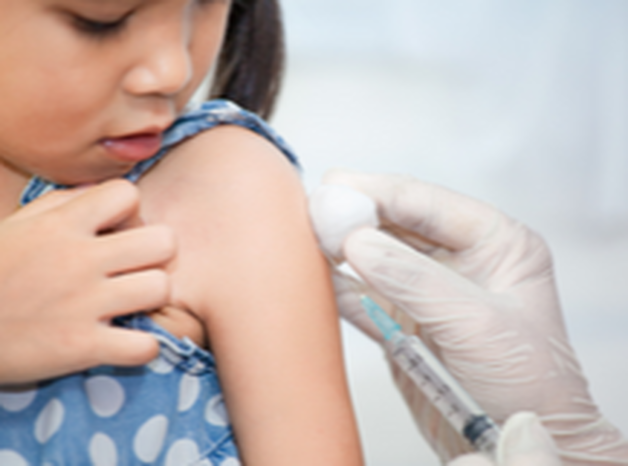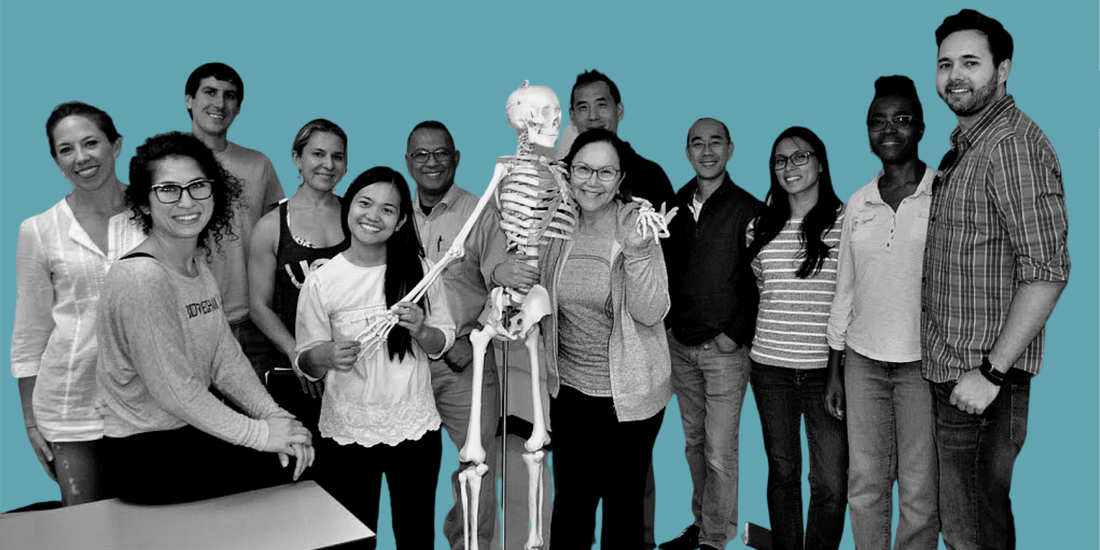|
Each August we commemorate National Immunization Awareness Month to highlight the importance of vaccination for people of all ages.
An early vaccine that made a huge difference for people throughout the world was the polio vaccine. Developed by the American virologist and researcher, Jonas Salk, the vaccine was first available in the United States in 1955. Today, few people in developed countries get paralytic polio, thanks to the polio vaccine. Yet the disturbing news, according to the Mayo Clinic, is that people who had polio at a young age could get post-polio syndrome. Post-polio syndrome, or PPS, can include progressive muscle and joint weakness and pain.
PPS refers to a cluster of potentially disabling signs and symptoms that appear decades—an average of 30 to 40 years—after the initial polio illness. Common signs and symptoms of PPS include:
In most cases, PPS tends to progress slowly, with new signs and symptoms followed by periods of stability. Individuals who experience increasing weakness or fatigue should see their healthcare provider. It's important to rule out other causes of these signs and symptoms and determine whether you actually have PPS. There are several theories as to what causes PPS, but no one knows for sure. When poliovirus infects your body, it affects nerve cells called motor neurons—particularly those in your spinal cord—that carry messages (electrical impulses) between your brain and your muscles. According to the Mayo Clinic description, each neuron consists of three basic components, including a cell body, a major branching fiber (axon) and numerous smaller branching fibers (dendrites). A polio infection often damages or destroys many of these motor neurons. To compensate for the resulting neuron shortage, the remaining neurons sprout new fibers, and the surviving motor units enlarge. This promotes recovery of the use of your muscles, but it also pushes the nerve cell body to nourish the additional fibers. Over the years, this stress may be more than the neuron can handle, leading to the gradual deterioration of the sprouted fibers and, eventually, of the neuron itself. Factors that can increase your risk of developing post-polio syndrome include the following.
Post-polio syndrome is rarely life-threatening, but severe muscle weakness can lead to complications. Some good resources and websites about vaccines include CDC’s For Parents: Vaccines for Your Children; Post-Polio Health International; an article titled Managing Postpolio Syndrome Pain, by Clifford Gevirtz, MD, MPH, posted on the National Conference for Nurse Practitioners website; and the National Organization for Rare Disorders. According to this last organization, there are currently no specific treatments for PPS. Affected individuals are taught to conserve energy by pacing their activities and combining those with periods of rest. Mechanical assists such as canes, walkers and scooters may be helpful. Comments are closed.
|
AuthorsWe're the staff and volunteers at Jackson Orthopedic Foundation, committed to improving the lives of patients with musculoskeletal conditions through education, research and service. Archives
July 2024
Categories
All
|
|
|
Jackson Orthopedic Foundation
400 30th Street, Suite 102 Oakland, California 94609 510.238.4851 Our live courses are taught in Lafayette, California
|



 RSS Feed
RSS Feed


